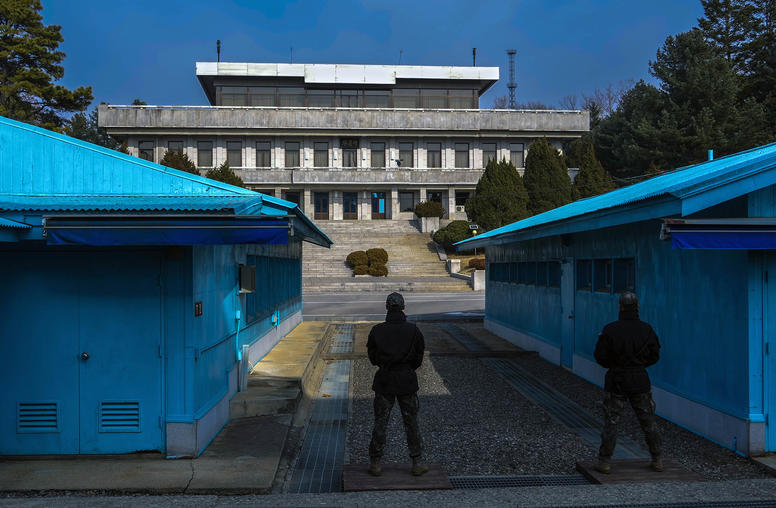Defining Conflict and Its Effects on Health: Case Study on Afghanistan
Johns Hopkins University/U.S. Institute of Peace Task Force on Public Health & Conflict Symposium Series
Case Study on Afghanistan
The engagement of the United States and its allies in the Afghanistan conflict was the opening battle in the war on terror. While the immediate post-conflict state of Afghanistan generated great optimism, the security of the country and the legitimacy of the Western-backed government is increasingly in doubt.
This symposium will review how Afghanistan got where it is now, how the Taliban managed to return as a major force in the country, and what the military and political options are for the future. USIP will examine the options in managing the current conflict, and the consequences of failure. Faculty from the School of Public Health will discuss possibilities for improving health services despite declining security and access. Afghans will relate their experience and hope for the future. Speakers will also address the role of women in Afghanistan under the Taliban and presently. This symposium will consist of three sessions followed by a collective discussion.
I. Analysis of causes, impact and future of the Afghan Conflict
II. Voices from Afghanistan
III. Public Health Issues in Afghanistan
Task Force Events:
Armed Conflict as a Public Health Problem: Current Realities and Future Directions
April 20, 2007
Defining Conflict and Its Effects on Health: Case Study on Iraq
March 22, 2007
Negotiation and Conflict Resolution for Public Health Professionals
January 26, 2007
Defining Conflict and Its Effects on Health: Case Study on Afghanistan
February 8, 2007
Understanding Conflict and Its Relationship to Public Health: Case Study on North Korea
November 16, 2006
About the Task Force
The aim of the USIP/JHSPH Task Force on Public Health and Conflict is to assist practitioners to better fulfill their public health objectives by equipping them with conflict analysis tools as a part of the education in the public health curriculum. Public Health professionals who have a better understanding of the larger political context of health crises will also have a better understanding of the political options available for addressing such crises. In turn mediators, negotiators, and peacebuilders will enhance their ability to make broad and lasting peace when they consider the health implications of their policies and agreements.
Events
Through a series of encounters among scholars, practitioners, and students, the Task Force is taking steps toward raising the profile of conflict analysis and resolution in the field of public health education. The first of these encounters took place on November 16 and examined the case of North Korea. Additional symposia will cover Afghanistan and Iraq. This winter, USIP will run a conflict analysis and resolution workshop for public health professionals. In April, the Task Force hosts Dr. Chris Murray to speak on the peacebuilding effects of health.



